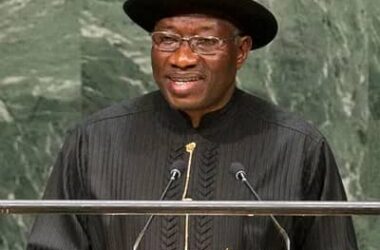Governor Seyi Makinde of Oyo State has refused to approve the Presumptive Tax Bill recently passed by the State House of Assembly. The governor made this decision public on Wednesday, citing concerns about the current financial struggles faced by the people of the state.
During the launch of the project to upgrade the Samuel Akintola Airport to international standards, Makinde explained that the bill would place an additional burden on already struggling citizens. He emphasized that his primary goal as governor is to alleviate poverty, not to make life harder for the poor.
“Anything that will put money in the pocket of the people is what I am interested in, so they can use it where it is needed most. At this time, I’m not interested in any policy that will empty their pockets. I’ll continue to fight poverty and not fight the poor,” Makinde stated, reiterating his stance against the tax bill.
The Oyo State House of Assembly had passed the Presumptive Tax Bill last Thursday. The bill aimed to impose and regulate taxes on businesses and individuals with unrecorded income, such as artisans and small-scale traders.
The tax would apply to occupations including barbers, bricklayers, carpenters, and photographers, among others. The goal of the bill was to increase the state’s Internally Generated Revenue (IGR) by formalizing tax contributions from sectors without proper financial records.
The bill sets specific tax rates for different trades. For example, adult wear boutique owners would be required to pay a yearly tax ranging from N10,000 to N50,000.
Barbers would pay between N3,000 and N10,000, while bricklayers would be taxed from N10,000 to N30,000 annually. Other professions such as gas station operators, furniture makers, and mechanics would also face various tax ranges.
Despite rejecting the bill for now, Governor Makinde praised the Assembly for their efforts to boost the state’s revenue. He acknowledged the importance of increasing the IGR but stressed that this should not come at the expense of the poor.
The bill also includes penalties for those who fail to comply. Taxpayers who miss their payment deadlines would face a penalty of 10% annually on top of the unpaid tax. However, individuals and businesses that maintain proper records and pay their taxes on time would receive a 2% rebate.









